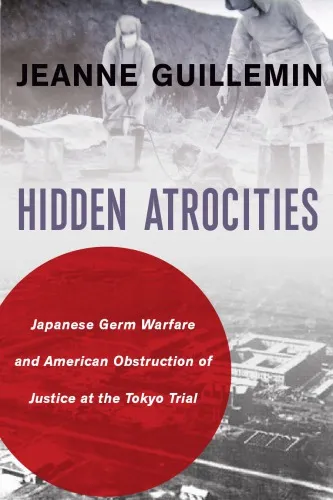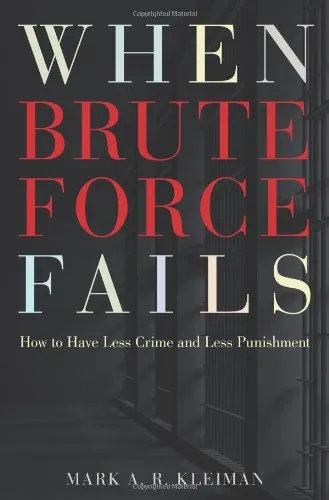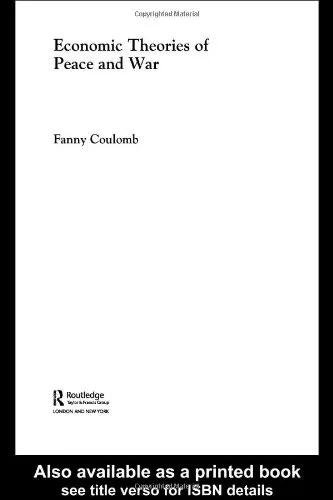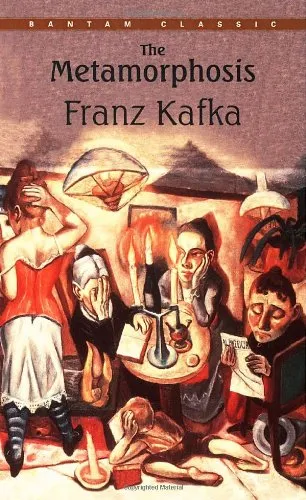Hidden Atrocities: Japanese Germ Warfare and American Obstruction of Justice at the Tokyo Trial
4.2
Reviews from our users

You Can Ask your questions from this book's AI after Login
Each download or ask from book AI costs 2 points. To earn more free points, please visit the Points Guide Page and complete some valuable actions.Related Refrences:
Introduction to "Hidden Atrocities: Japanese Germ Warfare and American Obstruction of Justice at the Tokyo Trial"
"Hidden Atrocities" by Jeanne Guillemin meticulously explores one of the most disturbing, yet often overlooked narratives of World War II: the Japanese germ warfare program and the subsequent American efforts to obscure these war crimes during the Tokyo Trial. The book delves into the sophisticated biological weapons research and experiments conducted by the Japanese army during the war, highlighting the grave human rights abuses involved and revealing the political machinations that thwarted justice for the victims. It provides an in-depth analysis of the ethical and legal failures that followed these atrocities, shedding light on a dark chapter in both Japanese and American history.
Detailed Summary
Jeanne Guillemin's “Hidden Atrocities” provides an exhaustive examination of the Japanese Imperial Army's biochemical warfare research, primarily focusing on Unit 731. This covert unit, led by General Shiro Ishii, conducted inhumane experiments on prisoners, including Chinese civilians and Allied captives, throughout the 1930s and 1940s. These experiments often resulted in death and suffering, marking a grim period of human rights abuses.
Guillemin's work explores how, after the war, American occupying forces, led by General Douglas MacArthur, chose to overlook these crimes during the International Military Tribunal for the Far East, popularly known as the Tokyo Trial. Political priorities, such as gaining access to Japan's biological warfare research and developing a strategic ally in the Pacific, overrode the imperative for justice. The book reveals the complicity of American authorities in granting immunity to the perpetrators in exchange for exclusive access to their research findings.
Key Takeaways
Guillemin lays bare the ethical dilemmas and the political compromises that led to the silencing of these atrocities. Key takeaways from the book include:
- The extensive and systematic nature of Japan's germ warfare program during World War II.
- The human cost of these experiments, which involved horrendous medical abuses.
- The complicity and strategic decisions made by the United States to protect the perpetrators for geopolitical gains during the early Cold War period.
- The implications of ignoring war crimes on international justice and human rights.
Famous Quotes
Guillemin's text is both insightful and thought-provoking. Some memorable quotes from the book include:
"The pursuit of scientific knowledge became the justification for ghastly experimentation on humans – a betrayal of both ethics and humanity."
"Justice unserved condemns not only the immediate perpetrators but denigrates the entire moral order of society."
Why This Book Matters
"Hidden Atrocities" is an essential read for those interested in understanding the complexities of war crimes prosecution and the moral responsibilities of power. Guillemin's work shines a light on the ethical implications of strategic decisions during wartime, emphasizing how political convenience can undermine justice and historical truth. The book not only serves as a powerful reminder of the need for accountability but also as an important historical document that calls for vigilance against repeating past mistakes. By urging a confrontation with these hidden atrocities, Guillemin invites readers to reassess the impact of these decisions on international law and human rights advocacy today.
Free Direct Download
You Can Download this book after Login
Accessing books through legal platforms and public libraries not only supports the rights of authors and publishers but also contributes to the sustainability of reading culture. Before downloading, please take a moment to consider these options.
Find this book on other platforms:
WorldCat helps you find books in libraries worldwide.
See ratings, reviews, and discussions on Goodreads.
Find and buy rare or used books on AbeBooks.
1526
بازدید4.2
امتیاز0
نظر98%
رضایتReviews:
4.2
Based on 0 users review
Questions & Answers
Ask questions about this book or help others by answering
No questions yet. Be the first to ask!















